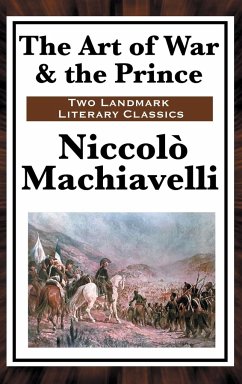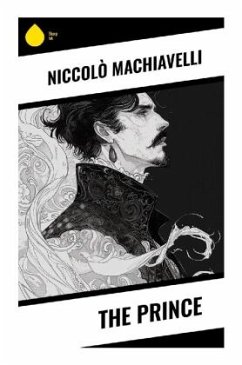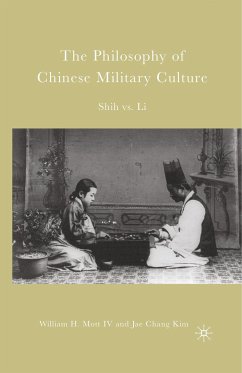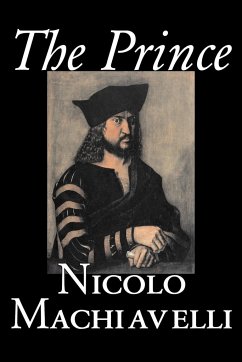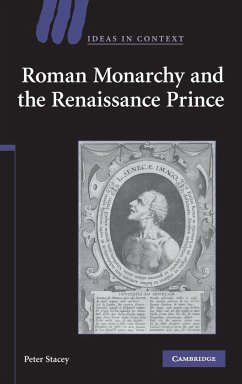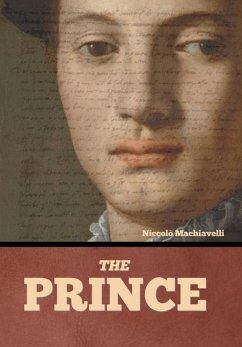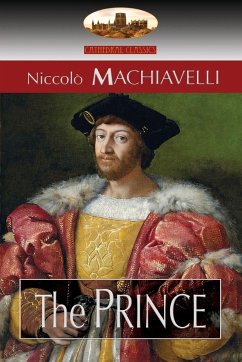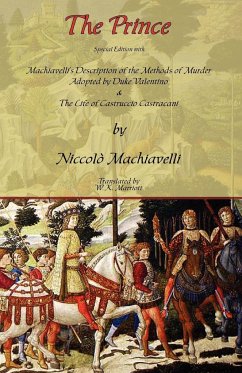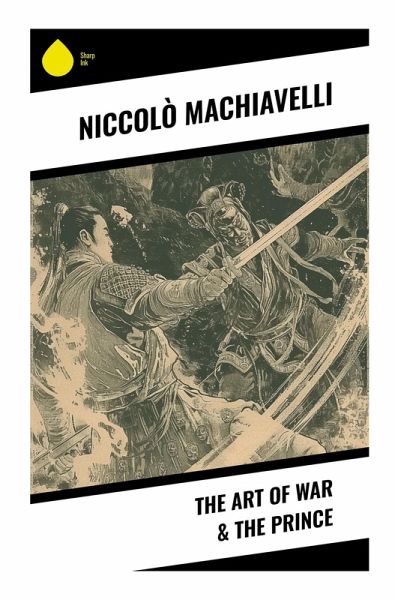
The Art of War & The Prince
Versandkostenfrei!
Versandfertig in 6-10 Tagen
11,70 €
inkl. MwSt.
Weitere Ausgaben:

PAYBACK Punkte
0 °P sammeln!
In 'The Art of War' and 'The Prince', Niccolò Machiavelli explores the intricate dynamics of power, political strategy, and military organization in Renaissance Italy. 'The Prince', a seminal treatise on political philosophy, advocates for pragmatic governance, often emphasizing the necessity of ruthlessness over morality in statecraft. Meanwhile, 'The Art of War' presents a dialogue on military tactics as crucial to the stability of the state, reflecting Machiavelli's belief that a ruler must possess a keen understanding of warfare, both as a means of defense and a method of asserting power....
In 'The Art of War' and 'The Prince', Niccolò Machiavelli explores the intricate dynamics of power, political strategy, and military organization in Renaissance Italy. 'The Prince', a seminal treatise on political philosophy, advocates for pragmatic governance, often emphasizing the necessity of ruthlessness over morality in statecraft. Meanwhile, 'The Art of War' presents a dialogue on military tactics as crucial to the stability of the state, reflecting Machiavelli's belief that a ruler must possess a keen understanding of warfare, both as a means of defense and a method of asserting power. This duality of thought showcases Machiavelli's nuanced understanding of the interplay between war and governance, employing a straightforward yet incisive literary style that has influenced political discourse for centuries. Niccolò Machiavelli, a diplomat and historian from Florence, lived during a tumultuous period of political upheaval and fragmentation in Italy. His experiences in the Florentine government, coupled with his keen observation of political leaders and military conflicts, shaped his perspectives on authority and control. Machiavelli's disenchantment with the instability of his homeland prompted him to articulate ideas that challenged the romantic idealism of his predecessors, ultimately offering a more cynical but realistic framework for understanding politics. Both 'The Art of War' and 'The Prince' are essential reading for anyone interested in political theory, strategy, and the ethical dimensions of power. They invite readers not only to examine the darker aspects of human nature but also to contemplate the responsibilities and challenges faced by leaders in a complex world. This compelling exploration of power dynamics is a valuable resource for scholars, students, and anyone navigating the often murky waters of politics.





